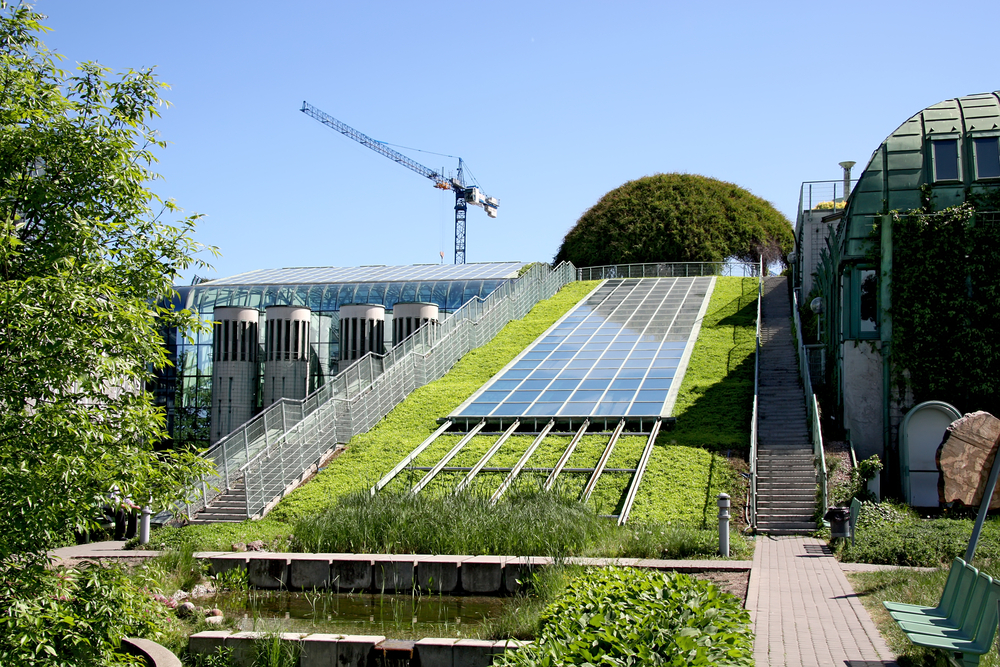
THEAFRICABAZAAR
November 8, 2016
The landmark Climate Change Paris Agreement which was signed late last year by more than 180 countries and went into effect last Friday, has helped create a $783 billion climate-smart investment opportunities in Africa.
In total, there is almost $23 trillion potential for green investment opportunities in emerging markets between 2016 and 2030, according to a recent World Bank Group’s International Finance Corporation report.
The IFC’s report, conceptualized on the national climate-change commitments and fundamental policies of 21 emerging-market economies, identifies sectors in each region around the world where the potential for investment is greatest.
According to the report, Cote d’Ivoire, Kenya, Nigeria, and South Africa – these Sub-Saharan African countries represent a $783 billion opportunity in clean energy while the Middle East and North African countries – Egypt, Jordan, and Morocco offer a total climate-investment potential estimated at $265 billion, over a third of which is for renewable-energy generation, while 55 percent ($146 billion) is for climate-smart buildings, transportation, and waste solutions.
Among the regions studied in the report, China, Indonesia, the Philippines and Vietnam demonstrate the most opportunities for a climate-smart investments in East Asia and the Pacific at $16 trillion. Latin America and the Caribbean come in at number two in the potentials for green investments, which include in green buildings and transportation, followed by countries from South Asia, such as India and Bangladesh- where climate-resilient infrastructure presents a $2.5 trillion investment opportunities.
Eastern Europe’s biggest green investment markets are in Russia, Serbia, Turkey, and Ukraine at a combined investment potential of $665 billion, mostly in energy efficiency and new green buildings.
The report, released just as the 22nd Conference of the Parties to the United Nations Framework Convention on Climate Change (COP22) kicked off in Marakesh, Morocco, reaffirms the benefits of green investments and the opportunities that await both the public and private sectors in helping to implement the goals set in the agreement.
“There has never been a better time than now for climate-smart investing,” said IFC Executive Vice President Philippe Le Houérou.
He added the report shows the dramatic reduction in the price of clean technologies and the rise of smart policies that are driving businesses to invest.
The IFC, which works with the private sector to deploy investments in emerging and developing economies, pledged to increase its climate investments to a goal of $3.5 billion a year by 2020 and catalyze another $13 billion through other investors. So far, this year it has invested $19 billion long-term investments in developing countries through the private sector to boost income equality and end extreme poverty.
Mr. Le Houérou went on to say that it is important to set ambitious goals to in order to attain the goals set in the agreement and emphasized that government action will is essential to take advantage of the historic global agreement in order to unlock the full scale of investment potential, the report finds.
For example, by integrating national climate commitments into development strategies and budget processes, governments can strengthen the investment climate for climate-smart industries, and deploy public funds strategically to mobilize private capital—which will reduce risk and providing project support.
© 2016 THEAFRICABAZAAR online, a publication of Imek Media, LLC. All rights reserved.



